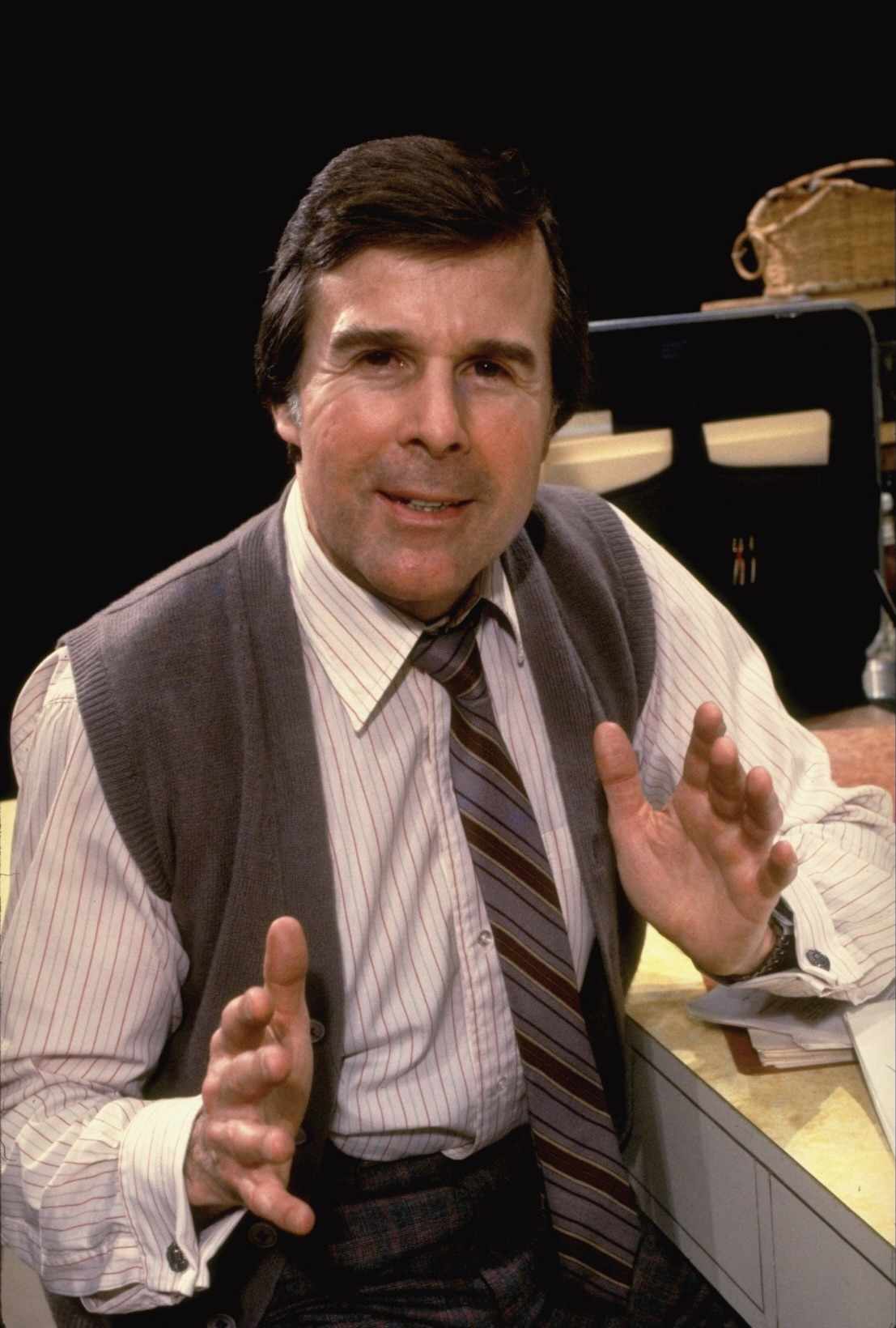
Before there was the glorious musical On the 20th Century in 1978, there was first its source, a Broadway comedy from 1932 simply titled Twentieth Century. It's the story of a down-on-his-luck producer/director, Oscar Jaffe, who finds himself, after a disastrous opening night of his latest show in Chicago, fleeing from creditors and investors. Sneaking out of town on board the 20th Century Limited, he finds out his biggest discovery (and former flame) is also on the train: Mildred Plotka, whom Oscar had transformed into the megastar, Lily Garland. Thus, his devious plan is put in motion to win her back as both employee and lover, using her newfound film stardom to ensure box office for his "comeback" play, though it isn't even written. It's a great setup and, with two crazy, egocentrics at its center, works as low comedy, farce and satire.
In the late 1970s, composer Cy Coleman was set to musicalize Twentieth Century with the legendary Betty Comden and Adolph Green attached to write the lyrics and libretto. For inspiration, they looked to the 1934 film to adapt, generally considered superior to the play, but were stuck with it as the film rights weren't available. A fast-paced affair, clocking in at a taut ninety-one minutes, it is performed with outrageous commitment by its two stars, John Barrymore and Carole Lombard, under the guidance of master Hollywood director, Howard Hawks. Always having a hand in the writing of his films (whether he took credit or not), Hawks went through a number of writers before eventually bringing aboard the authors of the 1932 play, Ben Hecht and Charles MacArthur, who took a final pass at the script. Preston Sturges (The Lady Eve, Sullivan's Travels), whose career was only just beginning in Hollywood, did some uncredited work on it, as did Gene Fowler (What Price Hollywood?) and Herman Mankiewitz (Citizen Kane).
Deemed a film classic today, Twentieth Century is also generally acknowledged as the first in what would become a series of "screwball" comedies that proliferated during the 1930s and 40s. In his book, Screwball: Hollywood's Madcap Romantic Comedies, author Ed Sikov writes, "It Happened One Night was screwball comedy's commercial catalyst, but in many ways its artistic spur was Twentieth Century." Both released in 1934, they paved the path for leading men and women to roll in the mud (figuratively, and often literally), in low comedy previously delegated to supporting players. The joy in watching Barrymore and Lombard chew the scenery is a sight to see. Barrymore, it seems at times, has been let loose from an insane asylum in order to shoot the movie, with Lombard matching him every step of the way at her histrionic best. And sexual sparks fly, which is essential to keeping the tensions between these two characters abundantly alive.

Of the original 1932 Broadway production, theatre historian Louis Botto reported in a 2004 Playbill article that "Twentieth Century was considered kind of scandalous because it was so obviously about [producer] Jed Harris... so reviled by many in the theatre community, that [playwright] George S. Kaufman once said when he died, he wanted to be cremated and have somebody throw his ashes in Jed Harris' face... Press agent Richard Maney, who long represented Harris, and knew Hecht and MacArthur, said in his autobiography that the role of Jaffe did indeed ape Harris, but also drew on the characters of producers Morris Gest and David Belasco. Interestingly, it was Harris who first commissioned Hecht and MacArthur to write the comedy."
Morris Gest was indeed the initial inspiration for Oscar Jaffe since it came directly out of the experiences of a young playwright, Charles Bruce Millholland, who once worked for Gest as an assistant. Millholland's behind-the-scenes play was titled The Napoleon of Broadway





















Write a comment ...